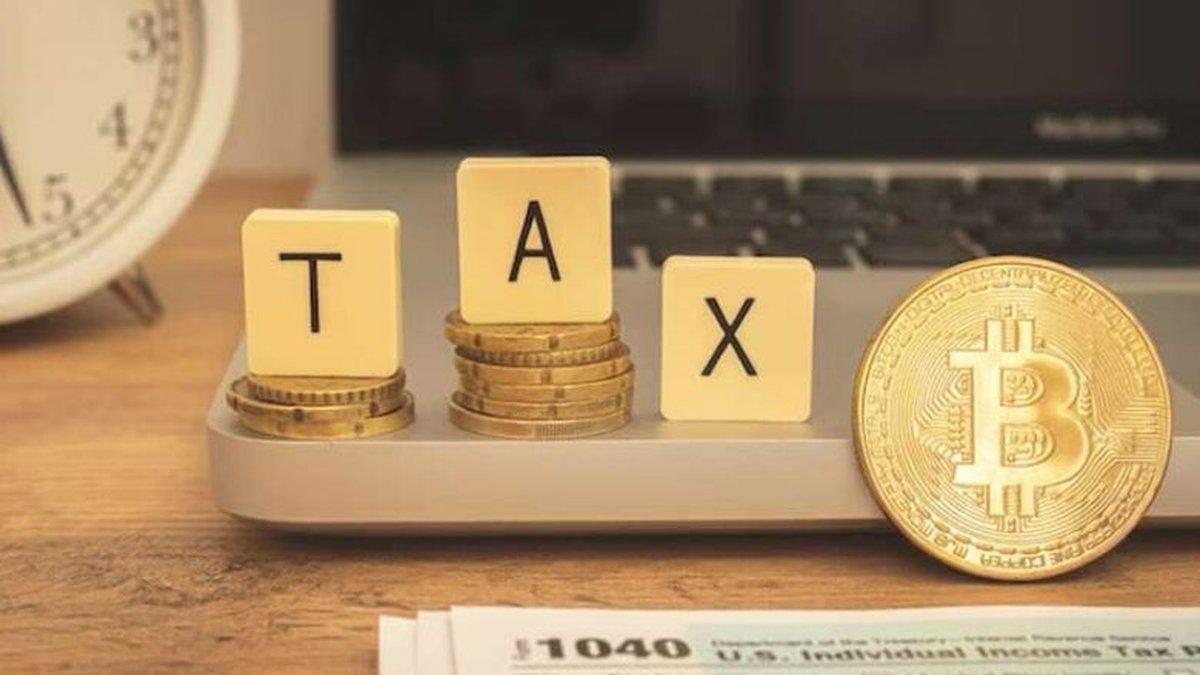Understanding Wash Sale Rules for Crypto
As cryptocurrency continues to gain mainstream attention, investors must navigate not only market volatility but also complex tax regulations. One critical concept for active traders is the wash sale rule. Traditionally applied to stocks and securities, this rule prevents investors from claiming a tax loss if they repurchase a substantially identical asset within a short period. But does this rule apply to crypto? And how should investors structure their trades to optimize tax outcomes?
What Is the Wash Sale Rule?
The wash sale rule was established by the U.S. Internal Revenue Service (IRS) to prevent investors from selling an asset at a loss and then quickly buying it back solely to claim a tax deduction. According to IRS Publication 550, a wash sale occurs when you sell or trade stock or securities at a loss and, within 30 days before or after the sale, buy a substantially identical asset.
For example, if you sell a stock for a $1,000 loss and repurchase the same stock within 30 days, you cannot deduct that $1,000 loss for tax purposes. Instead, the disallowed loss is added to the cost basis of the new purchase, deferring the deduction.
Do Wash Sale Rules Apply to Crypto?
Currently, under U.S. law, cryptocurrencies like Bitcoin, Ethereum, and other digital assets are classified as property, not securities. This means that, as of 2025, the wash sale rule does not technically apply to crypto transactions. Investors can sell crypto at a loss, repurchase the same asset immediately, and still claim the loss for tax purposes.
However, lawmakers and regulators have discussed closing this loophole. The proposed Build Back Better Act (2021) included language extending wash sale rules to digital assets, though it has not been enacted. Therefore, investors must stay updated, as future legislation may change this treatment.
Why Wash Sale Rules Matter for Crypto Investors
Even though the rule doesn’t currently apply, understanding its principles is essential for strategic tax planning. Crypto investors often engage in tax-loss harvesting, where they deliberately sell assets at a loss to offset capital gains elsewhere. Because of crypto’s volatility, this strategy can be highly effective.
For instance, if you realize $5,000 in capital gains from one coin but $3,000 in losses from another, you can offset the gains, reducing your taxable income. Without the wash sale rule restriction, you can immediately repurchase the losing coin to maintain your portfolio exposure while still realizing the tax benefit.
Potential Future Changes
Tax regulations evolve quickly. If Congress amends the tax code to apply wash sale rules to digital assets, investors will lose the ability to immediately repurchase assets for loss harvesting. The IRS has already signaled increased scrutiny of crypto transactions, so planning ahead is prudent.
Advisors recommend maintaining meticulous records and using tax software or blockchain analytics tools to document all trades. In the event of new rules, these records will be vital for compliance.
Strategies to Optimize Tax Outcomes
1. Leverage Current Loopholes (While Legal)
Until legislation changes, investors can use the absence of wash sale rules to their advantage. By selling underperforming crypto at a loss, claiming the deduction, and rebuying immediately, they preserve long-term exposure while optimizing taxes.
2. Diversify Re-entry Assets
Even if rules change, you can still harvest losses by purchasing similar—but not identical—assets. For example, selling Bitcoin for a loss and purchasing Ethereum or a Bitcoin ETF may avoid wash sale classification, depending on future IRS definitions.
3. Use Tax-Loss Harvesting Tools
Several platforms like CoinLedger, Koinly, and TokenTax track transactions and highlight harvesting opportunities. These tools ensure compliance and maximize deductions.
4. Hold for Long-Term Gains
Remember, long-term capital gains (on assets held over 12 months) are taxed at lower rates. Combining harvesting with a long-term investment strategy can enhance after-tax returns.
Common Mistakes to Avoid
- Assuming all countries follow U.S. rules: Many jurisdictions treat crypto differently. Always consult local tax authorities.
- Neglecting documentation: Every transaction should be recorded, including date, amount, and purpose.
- Ignoring staking or airdrop income: These may be taxable events, affecting your total liability.
Case Study: Applying Wash Sale Concepts
Suppose an investor buys 1 ETH for $3,000 and later sells it for $2,000, realizing a $1,000 loss. Under current law, the investor can immediately repurchase ETH at $2,000 and still claim the $1,000 deduction. If the rule applied, this loss would be disallowed, and the basis of the new ETH would increase to $3,000, deferring the benefit.
This flexibility enables agile trading and portfolio management, but it’s crucial to monitor potential rule changes that could alter these advantages.
Global Perspectives
Other countries vary in treatment. The U.K. uses a bed and breakfast rule restricting immediate repurchases, while Canada’s superficial loss rule applies similar limitations. U.S. investors should study these models, as they may influence future IRS guidance.
Best Practices for Compliance
1. Maintain Accurate Records
Use spreadsheets or automated tax software to log every buy and sell. Include timestamps, cost basis, and exchange used.
2. Review IRS Guidance Regularly
Check updates to IRS publications and consult tax professionals who specialize in crypto.
3. Integrate Portfolio Strategy with Tax Planning
Align investment decisions with after-tax outcomes. A disciplined, data-driven approach can significantly enhance net returns.
Frequently Asked Questions
Does the wash sale rule apply to crypto? Not currently in the U.S., as digital assets are treated as property, not securities. However, laws may change.
Can I sell crypto for a loss and rebuy immediately? Yes, under current rules, this is allowed, enabling effective tax-loss harvesting.
What if the law changes? Any new rule would likely apply prospectively, not retroactively. Stay updated with IRS announcements.
Do stablecoins fall under wash sale rules? Stablecoins are still considered property. Current wash sale laws do not apply, but future regulations may differ.
Conclusion
Understanding wash sale rules for crypto is essential for building a compliant and tax-efficient investment strategy. While the rule doesn’t yet restrict digital assets, future regulation may close this gap. Proactive investors should use current flexibility to optimize taxes, maintain detailed records, and stay informed. The intersection of crypto and tax law is rapidly evolving—knowledge is your most valuable asset.





